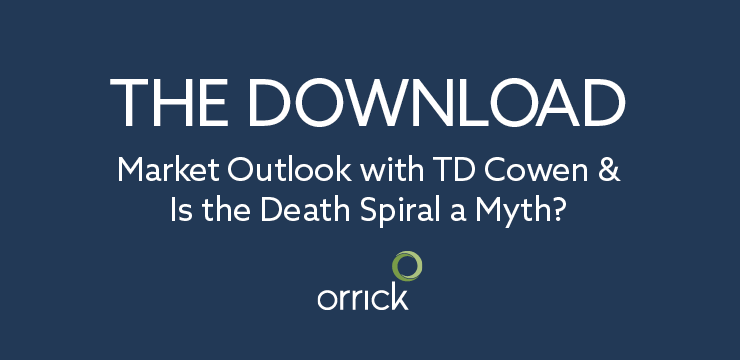Energy & Infrastructure

Navigating Renewable Energy Projects in the Trump Era: Tariffs, Taxes, and Commercial Strategies
58 minute watch | December.10.2024

58 minute watch | December.10.2024

7 minute read | December.17.2024

14 minute read | December.20.2024
1 minute read | December.02.2024

2 minute read | January.13.2025

by Thora Johnson, Georgia C. Ravitz and Amy M. Joseph
7 minute read | January.03.2025

2 minute read | December.18.2024

2 minute read | December.13.2024

1 minute read | December.12.2024
